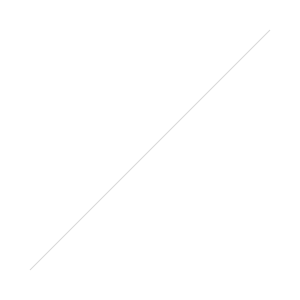You have goals, you have a team and many other pieces that you’ll need in order to pull this off.
Beyond this, you’re going to need tools.
A tool is defined as a device or implement used to carry out a particular function. Let’s expand this definition to include behaviours, strategies and whatever else you need to use in order to get the job done.
This is a tool that I use to train this aspect of myself. Another tool I use is the concept that physiology triggers psychology. When you smile, it tells your body that you’re happy. When you walk around like a superhero, you start to feel like a super hero. It’s hard to feel down when you hold your body a certain way. Conversely if you want to feel down, slump your shoulders, frown and stare at your feet for a while. Ok, stop doing that, you’re a Life Athlete!
Your system of existence might is a tool and should be treated with care.
In fact, all of your tools should be given the respect that you’d expect a surgeon to give to theirs.
Being aware of what you use to get the results you desire is important as it will make things duplicatable. If there’s any mystery to how you get the results you want, what you did that worked... you’ll be playing a game of hit or miss.
Many of us like to over complicate things by trying to find new ways to do the same things we’ve done successfully before. While most things can be improved in some way, there’s something to be said for sticking with what works. The classics get to be called that for a reason.
So, take a look at your tool kit, mark down what you use for what task and take note of any areas where you are missing tools... chances are, this is a weak spot for you.
Also, it is a poor carpenter that blames his tools BUT it’s an even worse one who doesn’t see that the tools are there for the taking. Find the tools that work best for you and lost the rest.
Challenge:
-Look at the 7 training areas and identify key tools that you use in each.
-Note any areas where you don’t have an effective tool and find one.

